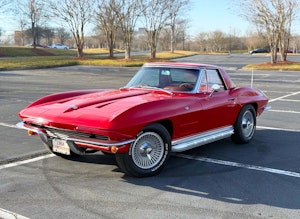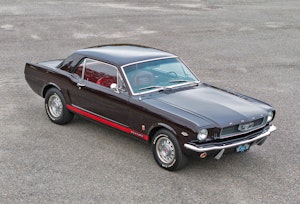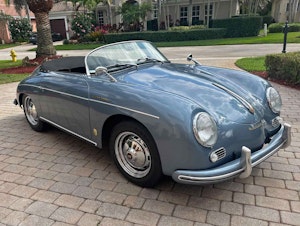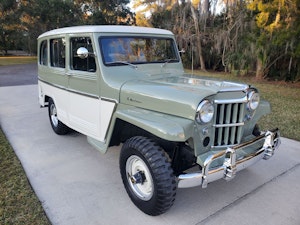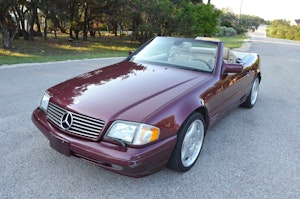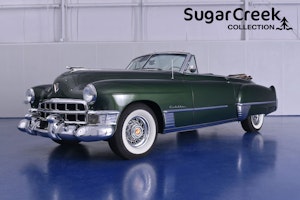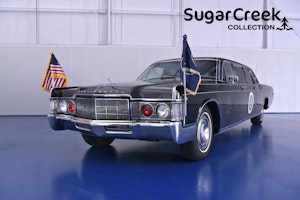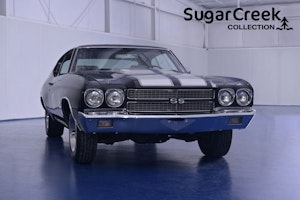Media | Articles
Toyota is building an entire prototype city powered by hydrogen fuel cells
Toyota is planning to go well beyond building vehicles by constructing an entire prototype “city” of the future, which will be partly run by artificial intelligence while being powered by hydrogen fuel cells. The idea is that “Woven City,” situated on a 175-acre site at the base of Mount Fuji will serve as a “living laboratory,” the home of full-time residents and researchers who develop its technologies further as time goes by. Daily life in Woven City will focus on including autonomy, robotics, personal mobility, smart homes, and artificial intelligence, plus gardening so that residents can maintain a pleasing cherry trees-to-citizens ratio.
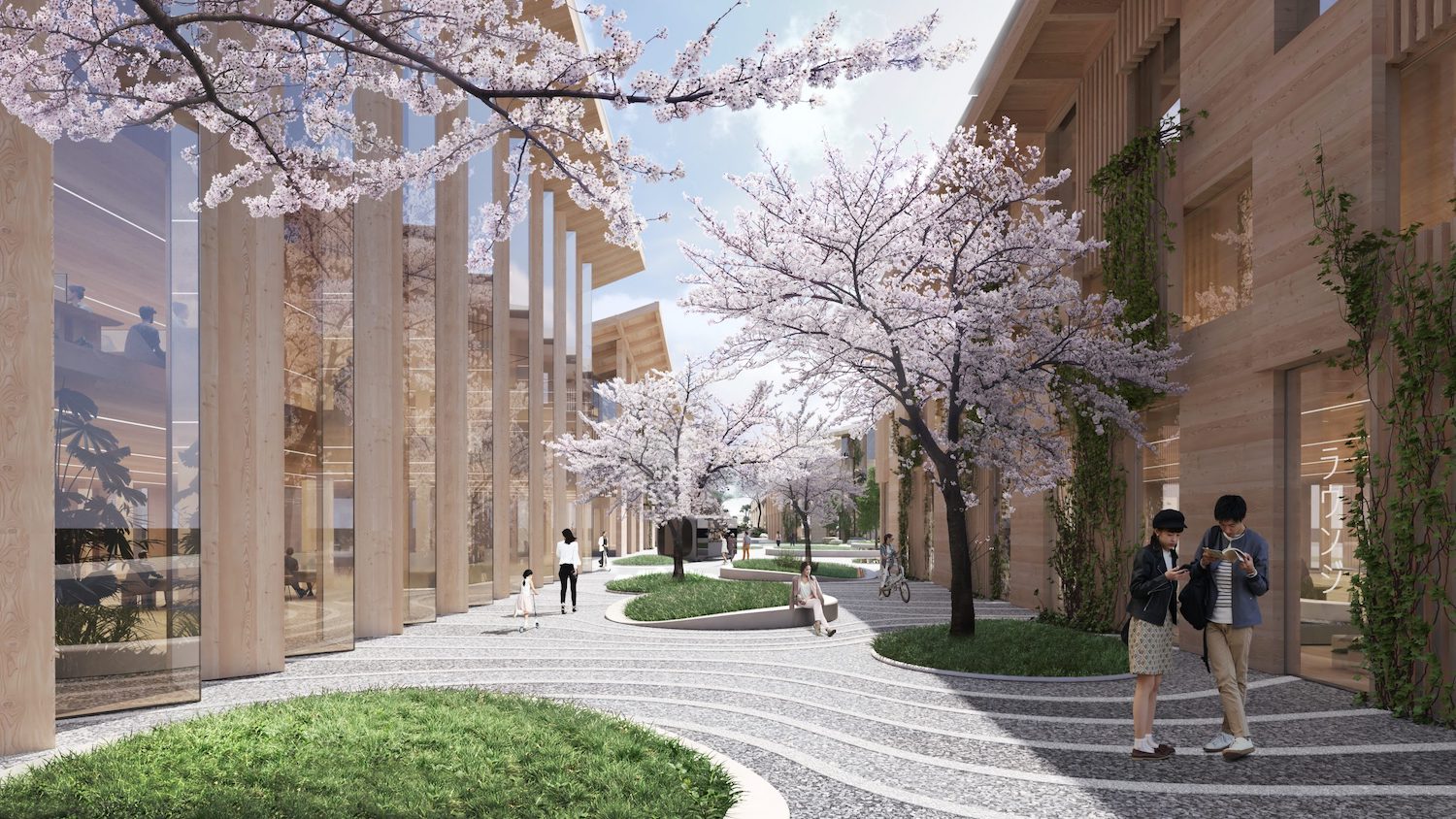
No doubt Toyota is on the right path looking into what’s next for humanity and the car industry in general. Looking around in 2020, you’ll see major cities getting polluted and overpopulated, cars growing in size at an unsustainable rate, and 20th-century power grids aging rapidly—without any sort of viable energy storage solution in sight that would allow for a major shift to renewables. Given how Japan and South Korea have both invested heavily in fuel cell development in recent years, it’s clear how Toyota feels about a hydrogen-based future. It’s by no accident that its second-generation Mirai is the sexiest fuel cell vehicle on the market.
In Woven City, Toyota will investigate possible solutions for the future at a small scale, inviting commercial and academic partners to come along for the ride. Akio Toyoda, president of Toyota, had this to say about the company’s ambitions:
“Building a complete city from the ground up, even on a small scale like this, is a unique opportunity to develop future technologies, including a digital operating system for the city’s infrastructure. With people, buildings and vehicles all connected and communicating with each other through data and sensors, we will be able to test connected AI technology… in both the virtual and the physical realms … maximizing its potential. We welcome all those inspired to improve the way we live in the future, to take advantage of this unique research ecosystem and join us in our quest to create an ever-better way of life and mobility for all.”
Marketplace
Buy and sell classics with confidence
20200107145723)
With construction set to start in early 2021, Toyota says Woven City’s master plan includes the following solutions:
- Three designated types of street usage: for faster vehicles only; for a mix of lower speed, personal mobility, and pedestrians; and for a park-like promenade for pedestrians only. These three street types weave together to form an organic grid pattern to help accelerate the testing of autonomy.
- Full sustainability, with buildings made mostly of wood to minimize the carbon footprint, using traditional Japanese wood joinery combined with robotic production methods. The rooftops will be covered in photo-voltaic panels to generate solar power in addition to power generated by hydrogen fuel cells. Toyota plans to weave in the outdoors throughout the city, with native vegetation and hydroponics.
20200107145525)
20200107145546)
20200107145607)
- The latest in human support technologies, such as in-home robotics, to assist with daily living. The homes will use sensor-based AI to check occupants’ health, take care of basic needs, and enhance daily life, creating an opportunity to deploy connected technology with integrity and trust, securely and positively.
- Fully autonomous, zero-emission vehicles only. As the sole option for the main thoroughfares, residents will travel using these, while throughout Woven City, autonomous Toyota e-Palettes will also be used for transportation and deliveries, as well as for changeable mobile retail.
- Neighborhood parks and a large central park for recreation, as well as a central plaza for social gatherings, are designed to bring the community together. Toyota believes that encouraging human connection will be an equally important aspect of this experience.
Who can live in this real-world technology incubator? Well, interested parties should click here, but the initial plan is to populate Woven City with Toyota’s employees and their families, retired couples, retailers, visiting scientists, and industry partners—2000 people at first, with openings for more as the project evolves.
A bold move under the snowy peak of Fuji, yet nothing short of what we would expect from the world’s largest car company entering the 2020s, still led by the mastermind and racing-enthusiast Akio Toyoda.

